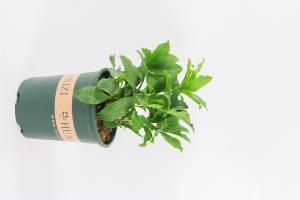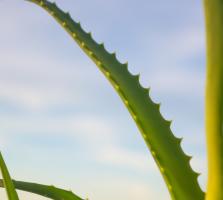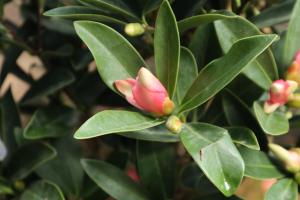Can Chlorine Water Kill Plants?
Chlorine water is often used to disinfect drinking water and swimming pools, but can it harm plants? The answer is yes, chlorine water can kill plants. In high concentrations, chlorine can damage plant tissues and cause leaves to turn brown or yellow, ultimately leading to the death of the plant.
How Does Chlorine Water Affect Plants?
Chlorine water affects plants in several ways. First, it can interfere with a plant's ability to absorb nutrients, leading to stunted growth. Second, it can damage the delicate cells in plants, causing them to die off. Additionally, chlorine water can harm beneficial microorganisms in the soil, which are essential for plant growth and health.
What Happens When Chlorine Water Is Applied to Plants?
When chlorine water is applied to plants, the water can seep into the soil and cause damage to the roots. This can lead to a reduction in the plant's ability to absorb nutrients and water, making it more susceptible to diseases and pest infestations. Additionally, the leaves of the plants may show signs of chlorine damage, such as brown or yellow spots, and the plant may eventually die off.
How Much Chlorine Is Dangerous for Plants?
The amount of chlorine that is dangerous for plants varies depending on the species of plant, its size, and its age. However, generally, it is best to avoid using chlorinated water on plants altogether. If it is necessary to water plants with chlorinated water, diluting the water and allowing it to sit for several hours before use can help reduce the amount of chlorine in the water and minimize its effects on the plants.
What Are the Alternatives to Chlorinated Water for Plants?
There are many alternatives to chlorinated water for plants. One of the best options is to collect rainwater and use it to water plants. Rainwater is free of chlorine and contains nutrients that plants need for growth. Another option is to use filtered or distilled water, as this does not contain chlorine or other harmful contaminants. Lastly, you can also consider using a natural plant fertiliser to help nourish your plants and promote growth.
Conclusion
In conclusion, while chlorine water is effective at disinfecting drinking water and swimming pools, it can be harmful to plants. If you need to use chlorinated water to water your plants, it's best to dilute the water and let it sit for several hours before use. However, the best option is to use filtered or distilled water, rainwater, or a natural plant fertiliser to promote healthy plant growth without harming the environment.

 how many times do yo...
how many times do yo... how many planted tre...
how many planted tre... how many pine trees ...
how many pine trees ... how many pecan trees...
how many pecan trees... how many plants comp...
how many plants comp... how many plants can ...
how many plants can ... how many plants and ...
how many plants and ... how many pepper plan...
how many pepper plan...
































